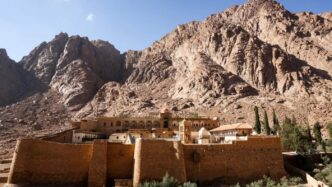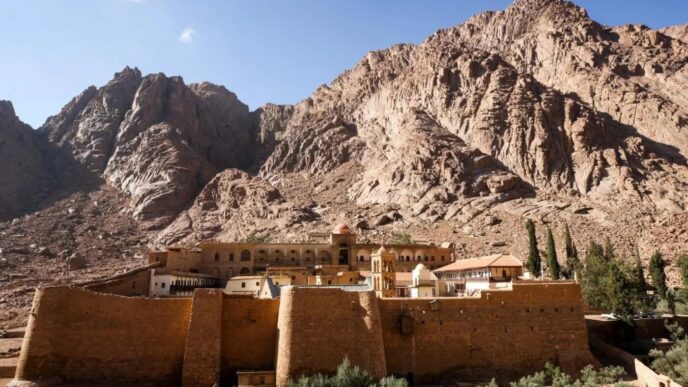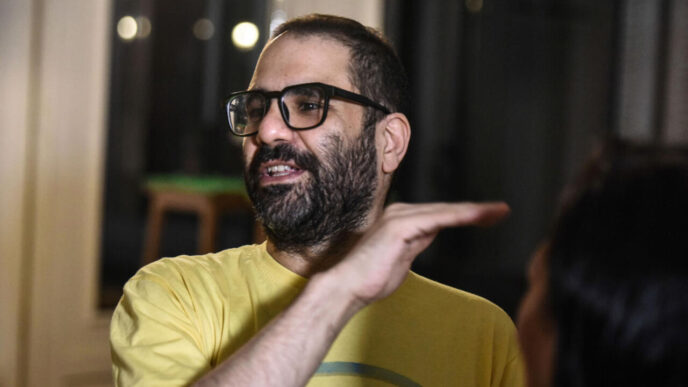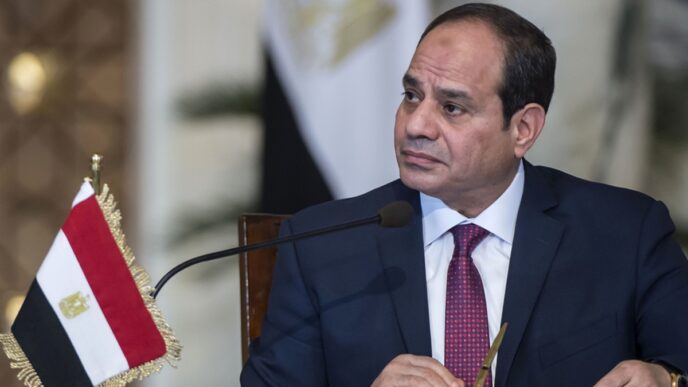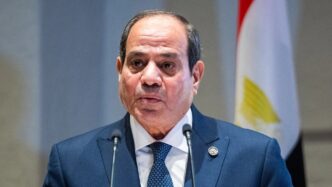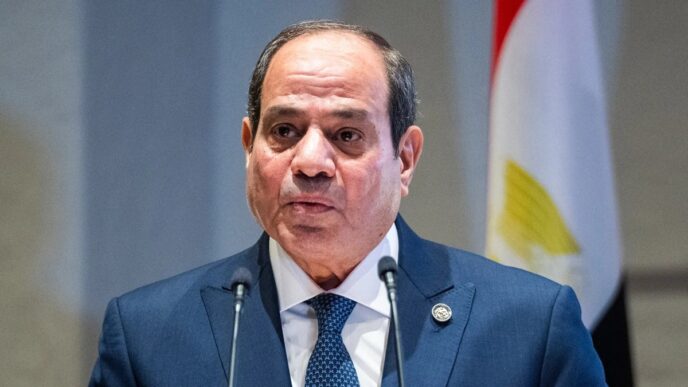Egypt will go to the polls on Monday to choose a new parliament, which critics argue will only strengthen President Abdel Fattah al-Sisi’s hold on power.
The opening of polling stations at 9:00 am (0700 GMT) marks the start of a process that will last several weeks to fill 568 of the 596 seats in the lower house, with certain regions not casting their votes for another two weeks. The remaining 28 legislators will be appointed by Sisi, the former military leader who took control after deposing the late Islamist president Mohamed Morsi in 2013.
Egyptians living abroad voted on Friday and Saturday. In areas like Alexandria, voters have until Tuesday to participate in the first round. Some regions, including Cairo, will not hold their voting until November 24. Final results are expected by December 25.
Half of the available seats will be filled through closed party lists, while the other half will be filled by individual candidates, with a quarter of the seats reserved for women.
This parliamentary election followed the senatorial elections in the upper chamber, held more than two months earlier, with a turnout of approximately 17 per cent. The pro-government “National List for Egypt” coalition won the election, running unchallenged in the party-list segment.
The coalition is expected to maintain its dominance. The pro-Sisi Mostaqbal Watan (Nation’s Future) party and the National Front party, led by former minister Essam al-Gazzar, are the front-runners in the 12-member coalition.

Gazzar’s newly established party unites former government officials and is financially supported by business magnate Ibrahim al-Organi, a close ally of Sisi.
On the other hand, opposition factions remain splintered. Some parties are contesting independently, while others have aligned with pro-government lists.
Observers noted that the timing of the elections is significant, as they will be the last before Sisi’s third and final term concludes in 2030. Following the 2019 constitutional amendments, Sisi’s term was extended from four to six years, and his previous term was retroactively designated as his first, allowing him to remain in power until 2030.
Sisi’s government, often criticised for its human rights record, began a national dialogue in 2022 in a perceived gesture toward the country’s severely weakened opposition.
However, the subsequent years have witnessed a growing crackdown on dissent, as reported by rights organisations, which estimate that tens of thousands of political prisoners are still incarcerated.


 Trending
Trending 


